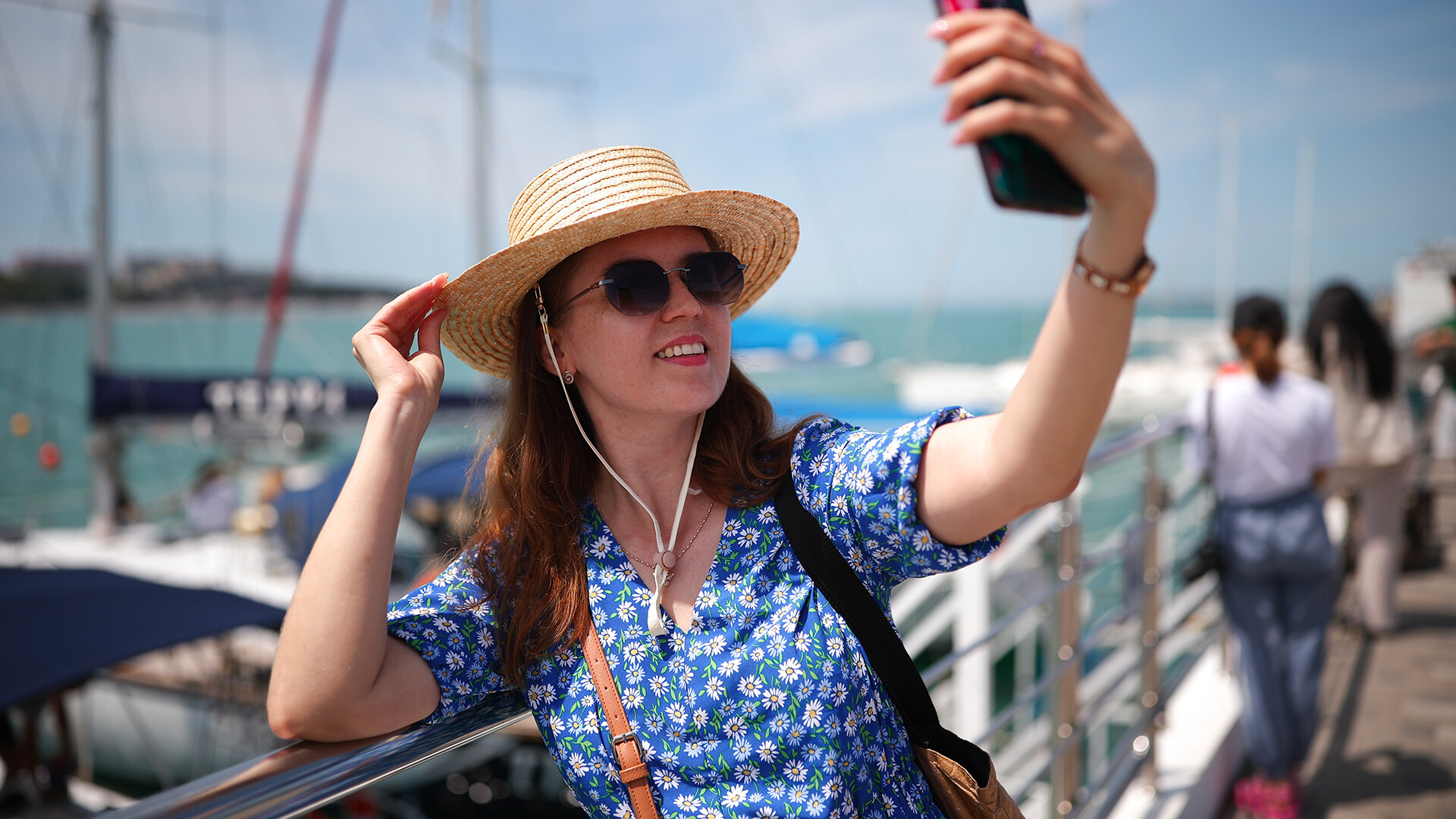
On the Black Sea resort of Gelendzhik.
Vitaly Timkiv/SputnikOne of the most common stereotypes about Russia is that it is always cold, especially in Siberia. True enough, winters in Siberia can be snowy and last a long time. But, what is summer like in other regions? Take a look at the following photos taken in June 2023.
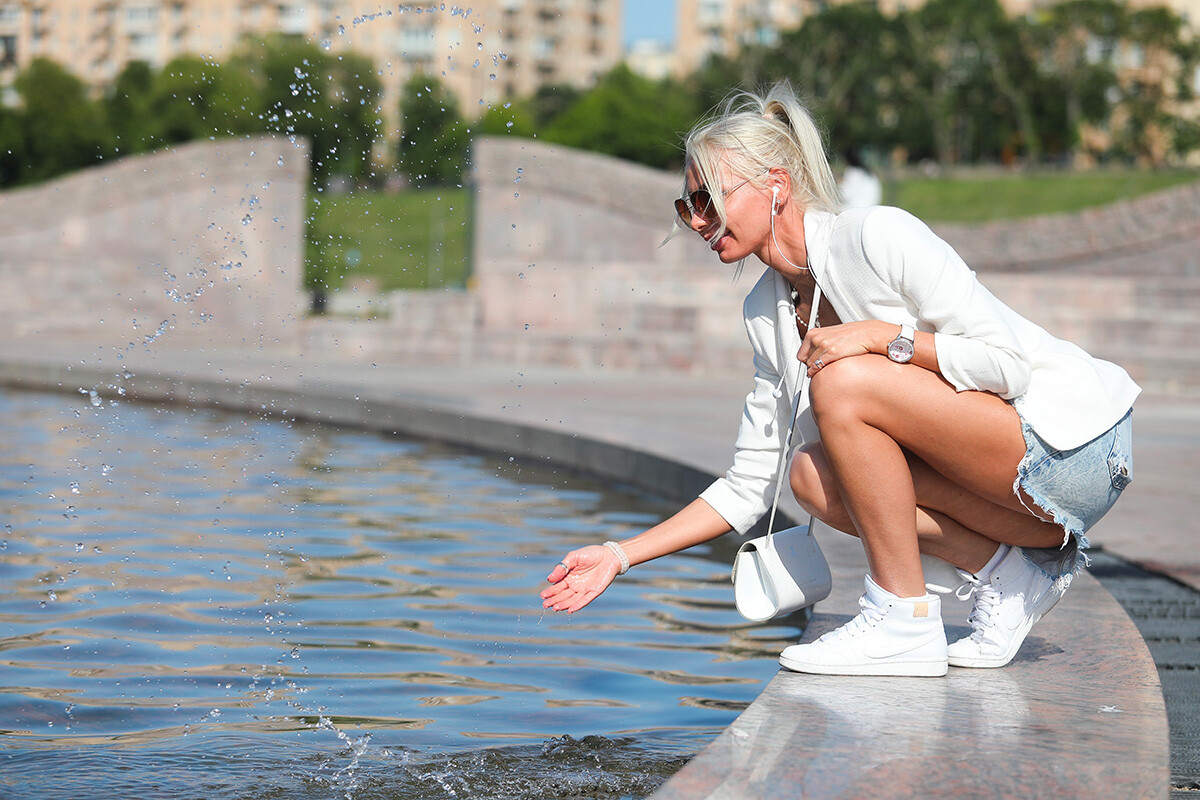
By and large, summer in Moscow is very pleasant, with temperatures averaging in the 20-25°C range. When it’s hot, street sprinklers come out onto the city roads, while Muscovites can find shelter in the shade of numerous parks.
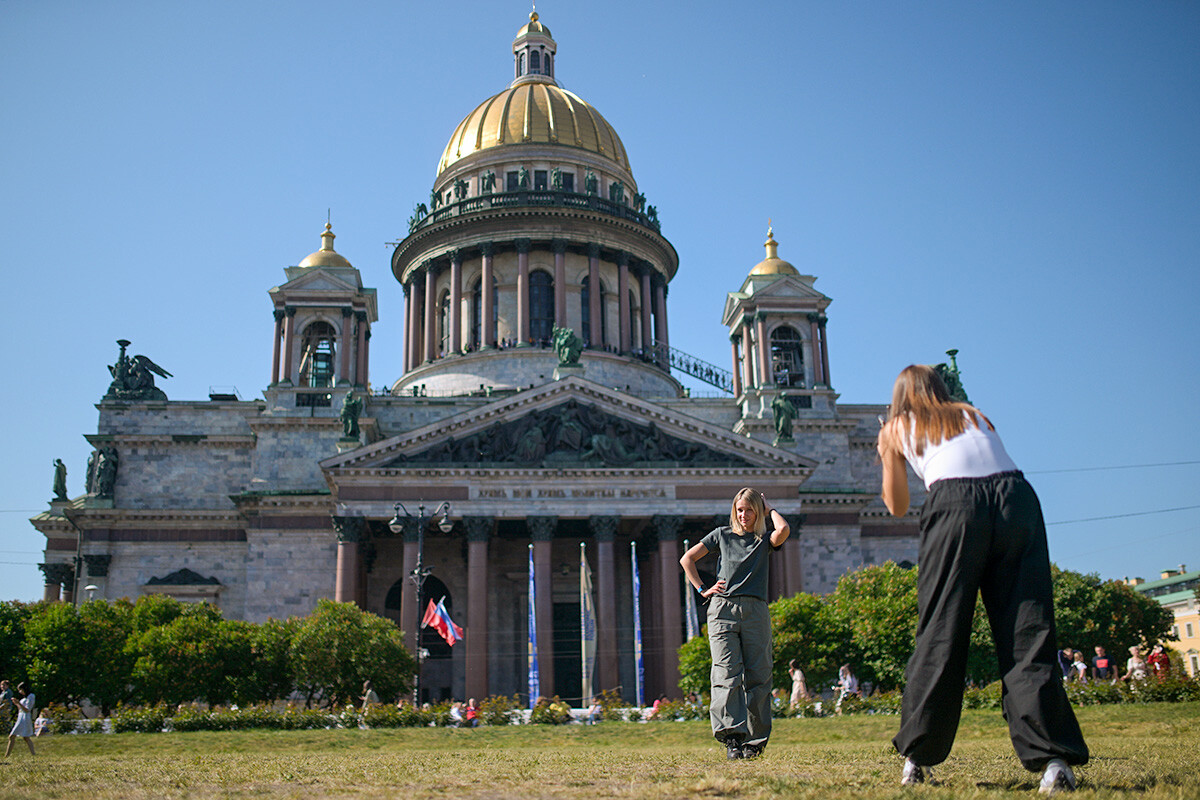
The main feature of summer in St. Petersburg are the ‘White Nights’, which attract romantics from all over and make the city particularly beautiful. St. Petersburg is situated on the shores of the Gulf of Finland (Baltic Sea) and even the warmest summer days can frequently give way to rain.
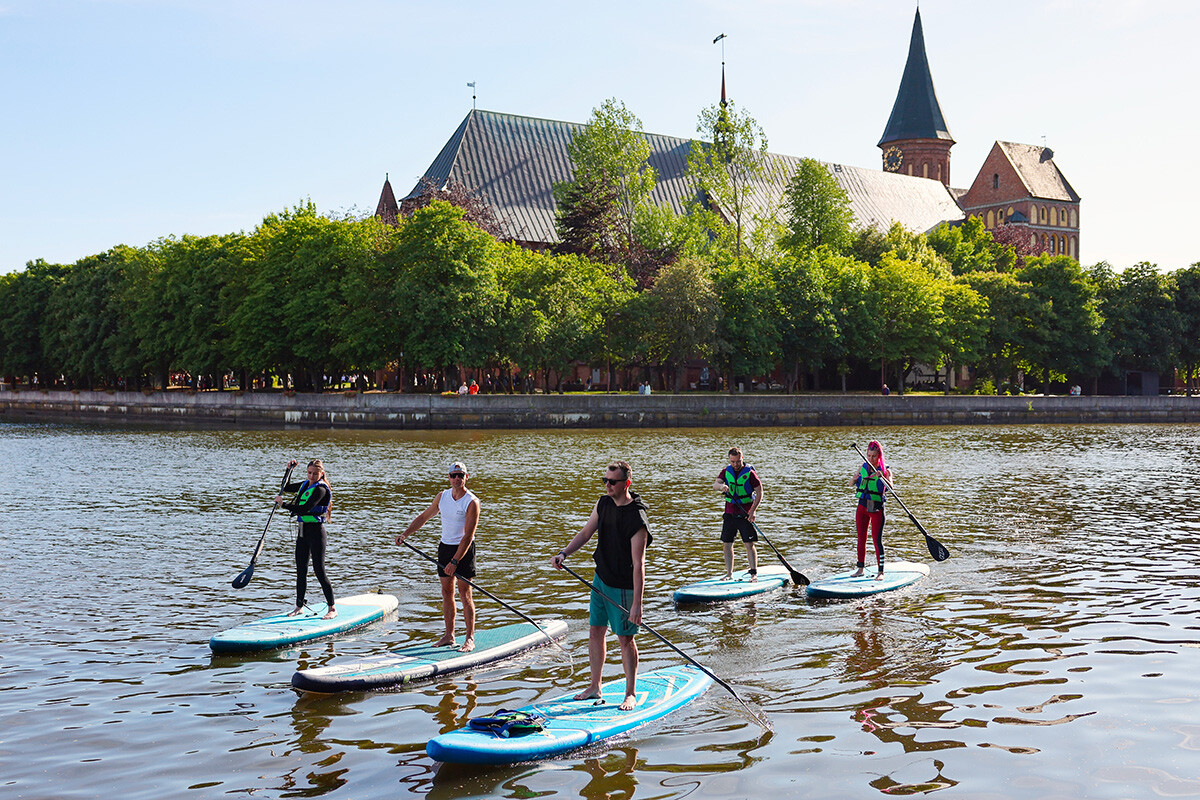
Russia’s westernmost region is also on the Baltic and summers are mild and pleasant, with hot days above 25°C being somewhat an exception. Moreover, some of the towns near Kaliningrad are among the most popular summer holiday destinations, including for beach holidays.

Although summers are short in Siberia, they are very hot, particularly in the south of the region. For instance, in Novosibirsk the first week of June saw temperatures of around 35°C (and even higher in places). This only tends to last a few days, however, but it’s enough to acquire a “holiday” tan!
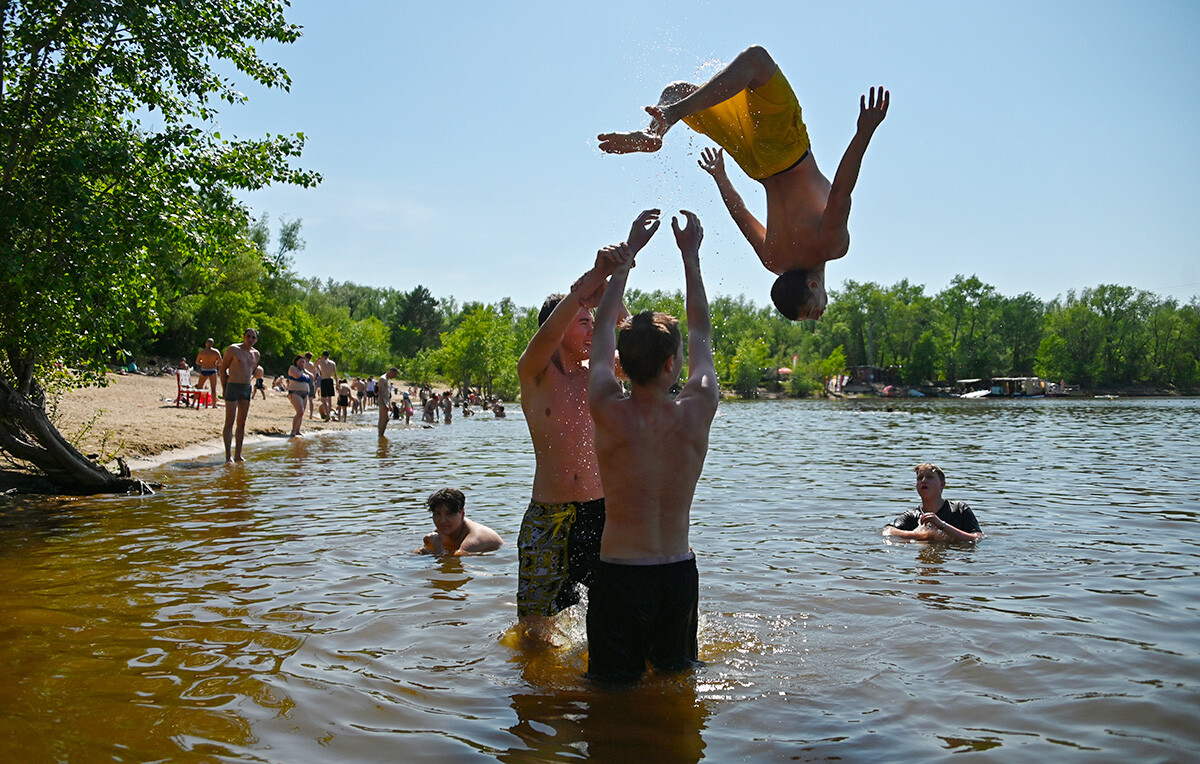
It’s a similar situation in Omsk and Krasnoyarsk. At the same time, the sweltering heat can abruptly give way to rain and sometimes ground frost, so there are places in Siberia where the snow doesn’t manage to melt in the course of the summer.
People who live on the Yamal Peninsula in northern Russia take the vagaries of the weather in their stride. There can suddenly be snow in June, while August can bring rain and a touch of frost. The month of July - when temperatures are constantly above 25°C - is regarded as summer “proper”. In addition, June-August sees the start of the season of real ‘White Nights’. In other words, they have a very interesting climate!
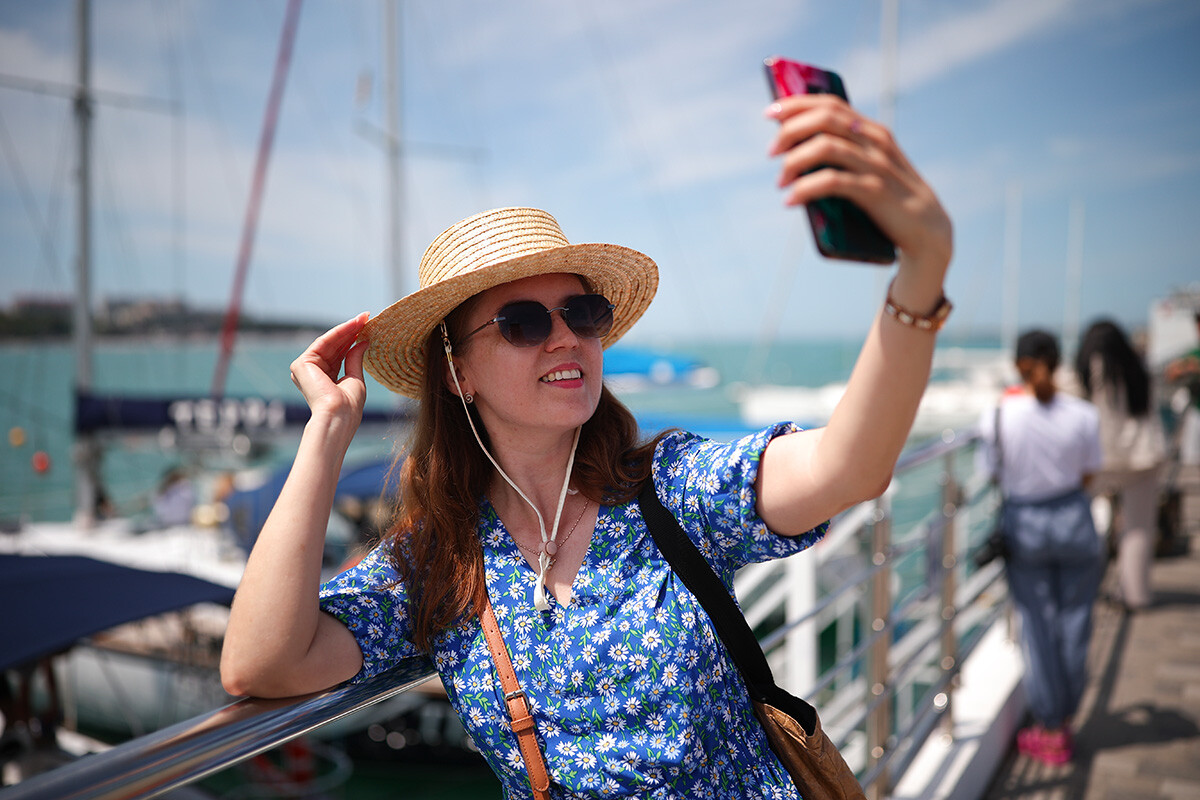
Krasnodar Territory is Russia’s warmest region, where snow and below-freezing temperatures are rare even in winter (except for the mountains). At the Black Sea resorts, the swimming season opens at the beginning of June, but the water only really warms up by July, while the hottest days can be expected in August.
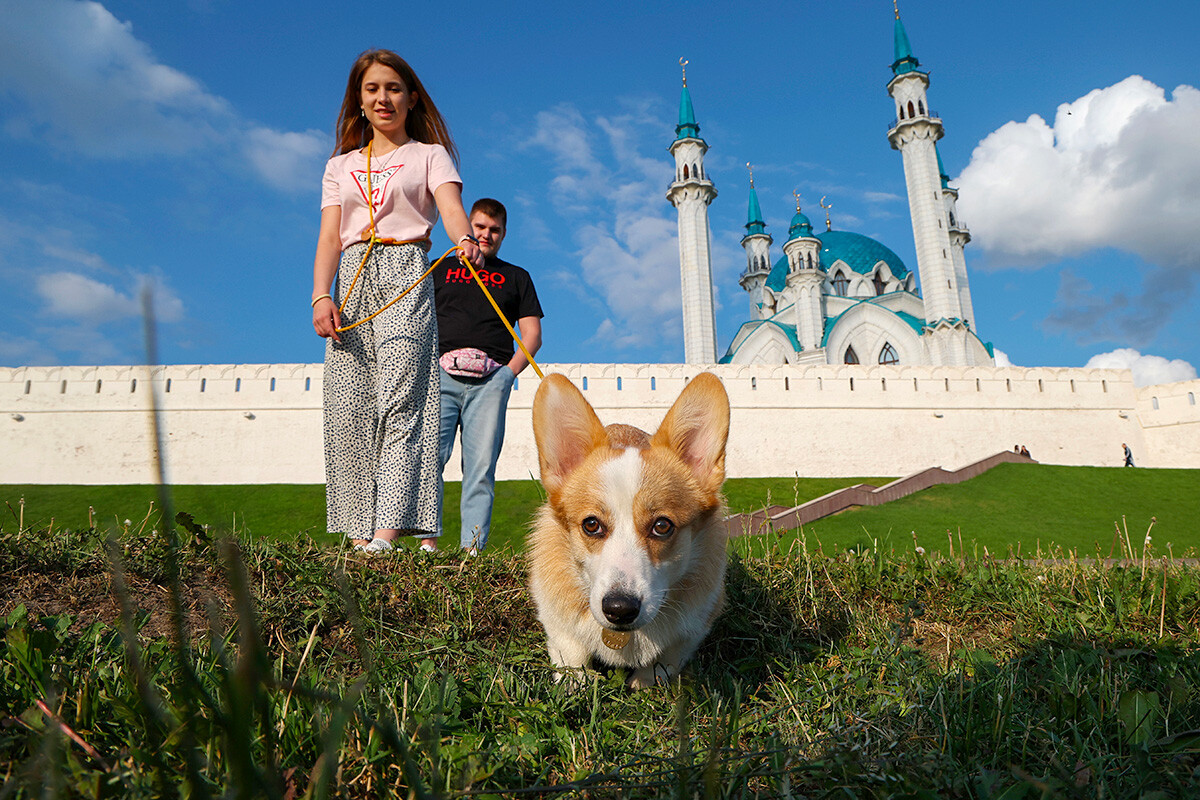
On the Volga River, temperatures are still on the cool side in June, but, by July, a really hot summer sets in. In Kazan, the summer days are very popular for river trips to the island town of Sviyazhsk, the ancient town of Bolgar and the Blue Lakes.
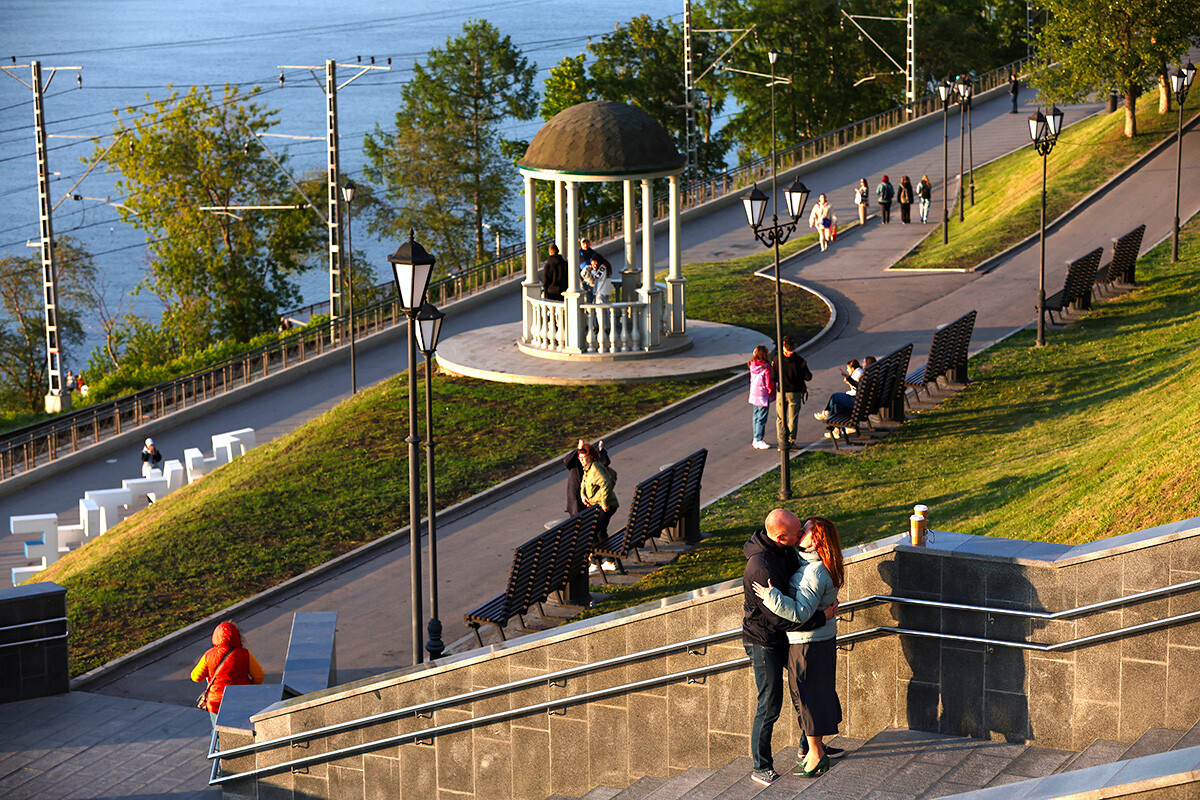
Summer in the Urals, as in Siberia, is usually fairly warm and, sometimes, there can even be a heatwave. At the same time, people rarely leave the house without an outdoor jacket, since, in Perm and Yekaterinburg, it gets chilly after sunset.
Many people in Russia are convinced that the rainiest city in the country is St. Petersburg, but meteorologists don’t agree. The largest amount of precipitation occurs in the Far East: on Sakhalin and the Kuril Islands and in Kamchatka and the Maritime Territory. In the course of a couple of weeks in June, for instance, Vladivostok can see very strong downpours, followed by temperatures of 30°C and then a cooling to 15°C!
Dear readers,
Our website and social media accounts are under threat of being restricted or banned, due to the current circumstances. So, to keep up with our latest content, simply do the following:
If using any of Russia Beyond's content, partly or in full, always provide an active hyperlink to the original material.
Subscribe
to our newsletter!
Get the week's best stories straight to your inbox